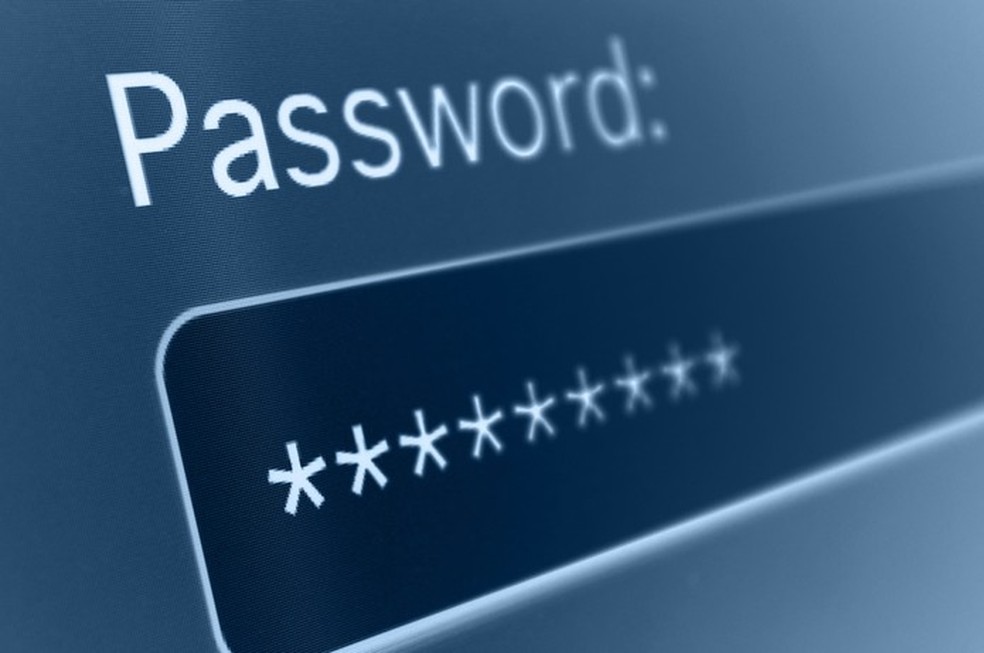Password Thief Malware (password-stealing ware, in English) recorded growth of 60% in 2019. The information was released by the security company Kaspersky Lab on Tuesday (23). Data show that the number of consumers hit by this type of malicious software jumped from 600,000 in the first half of 2018 to 940,000 during the same period in 2019. Brazilians are among the most frequent victims of malware.
According to Kaspersky, malware takes advantage of browser vulnerabilities to steal information such as credit card numbers, saved passwords, and autocomplete information. The survey also points out that some families of password stealers may steal browser cookies and even files from users.
Google and Facebook know when users are viewing pornography on other sites

Malware specializing in password theft grows by 60% in 2019, according to Kaspersky Photo: Reproduction / Pound5
Want to buy a cell phone, TV and other discounted products? Meet the Compare dnetc
Russia and India are the main targets of attacks by cybercriminals. Third in the ranking of infected users are Brazilians, followed by Germans and Americans. Of the victims of this type of malware, 25% have been infected with Azorult, one of the world's most widespread Trojans.
According to Kaspersky security researcher Alexander Eremin, consumer confidence in the services offered via the internet favors cybercriminals. This makes them fill their digital profiles with more and more data and detail, making them a lucrative target for criminals, as information can be monetized in a variety of ways later, he said.
To guard against such a scam, Kaspersky says it is important for users to disable automatic password recording in their browsers, as the protection methods they use are not sufficient to prevent malware activity. Another valid solution is to install programs and applications that manage and store passwords effectively and securely, and keep products on your computer up to date.

How to choose a good antivirus
